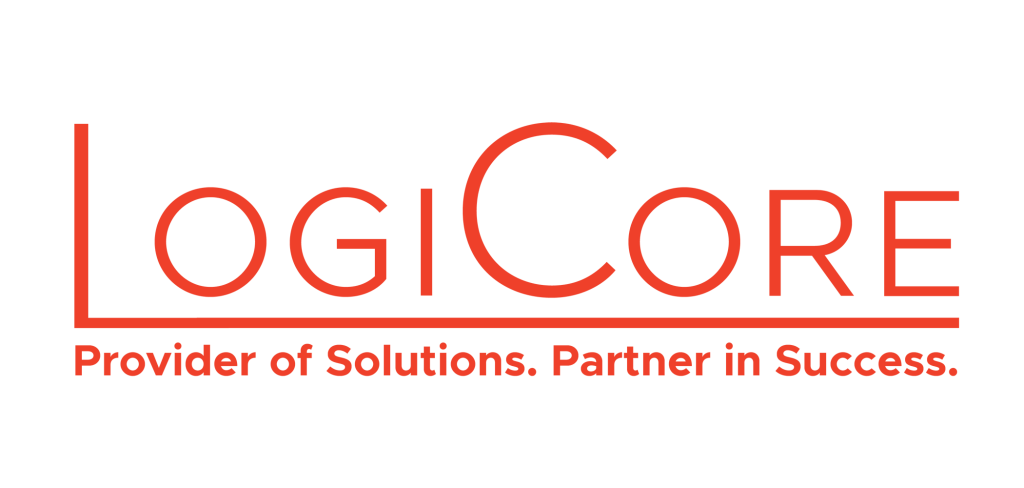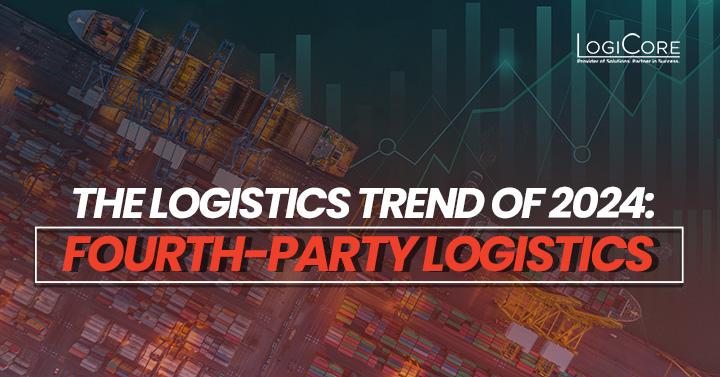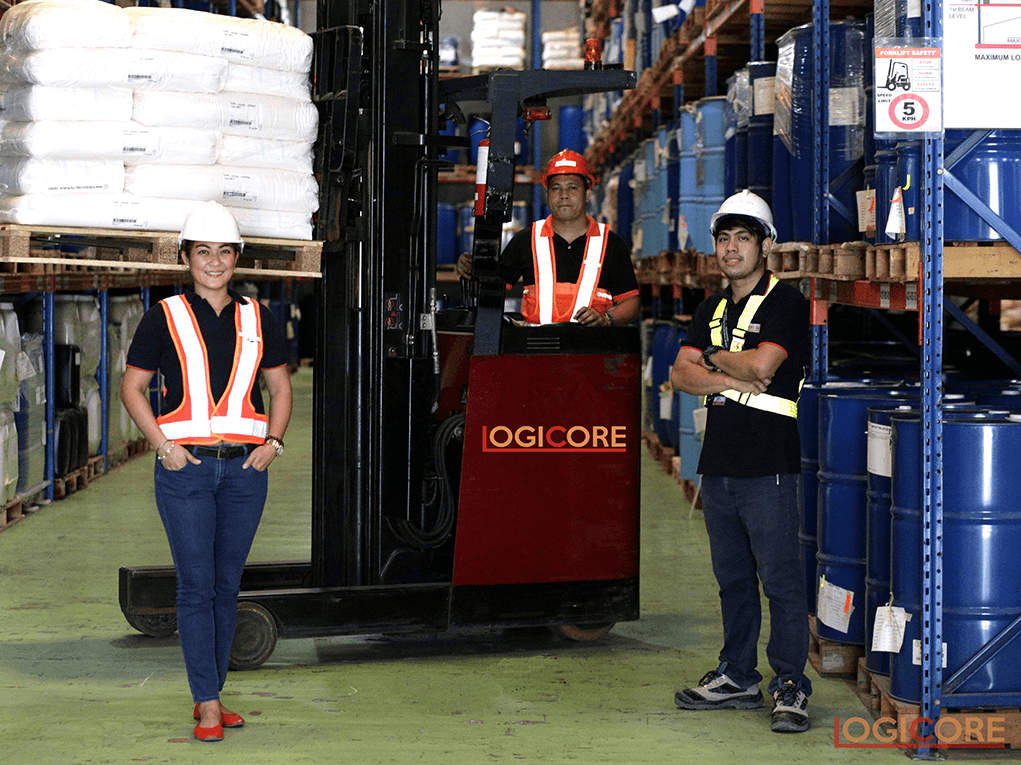In the fast-paced world of logistics, keeping abreast of trends is crucial for businesses to remain competitive. One such trend that has been making waves is fourth-party logistics, or 4PL. As businesses seek to optimize their supply chains and streamline operations, 4PL logistics is emerging as game-changer in industry.
Demystifying 4PL Logistics
Fourth party logistics, more commonly referred to as 4PL, represents a higher level of supply chain expertise. It is operational paradigm within logistics sector that practices entrusting one’s entire supply chain management to external service provider.
Unlike 3PL services, whose services focus on specific logistics tasks, 4PL providers manage and oversee the entire supply chain.
4PLs act as the single and only point of contact between the company and multiple other logistics service providers. Moreover, these entities are independent and non-asset-based customer supply chain and demand chain integrators.
The Rise of Fourth Party Logistics

When pandemic broke out in 2020, companies came up with realization that they lack specific personnel to deal with COVID-19. Easy for small companies with less complex supply chains as they had 3PLs to turn to. Bigger companies, on the other hand, realized they needed more sophisticated digital technologies to help them with supply chain problems.
Worth noting is that even before pandemic completely shut down the rest of the world, large companies were already shifting to 4PL providers, entrusting them with order management, compliance, warehousing, and supplier duties.
Doing so allowed businesses to focus more on higher-value projects and less on ironing out weaknesses in supply chain.
Came 2024, the demand for agile and integrated logistics solutions has fueled the growth of 4PL providers. With advancements in technology and data analytics, companies are now leveraging 4PL services to optimize inventory management, improve visibility, and enhance overall efficiency. As supply chains become increasingly complex, businesses are turning to 4PLs to navigate challenges and drive innovation.
The Role of Technology in 4PL Logistics

Technology plays a pivotal role in the realm of 4PL logistics, serving as a cornerstone for efficient operations and strategic decision-making. The use of advanced IT and digital solutions enables 4PL providers to orchestrate complex supply chain networks with precision and agility. Furthermore, technology empowers 4PLs to enhance visibility across the supply chain, providing stakeholders with real-time tracking and monitoring capabilities to mitigate risks, improve transparency, and enhance customer satisfaction
Taking Logicore Inc. as an example, we make use of the INFOR WMS, an advanced warehouse management system that combines warehouse fulfillment with embedded labor management and 3D visual analysis to reduce complexity and support enhanced operational execution. Designed with reconfigurability and intuitive use, Infor WMS is ready to power next-generation, technology-enhanced, global warehousing operations.

Integrating Technology With 4PL Services
At its core, 4PL logistics represents a higher level of outsourcing that transcends the all-too-familiar third-party logistics model. And because 4PLs shoulder the responsibility of managing an entire supply chain, technology becomes a crucial pillar in upholding the success of 4PL logistics solutions. Let’s further highlight the interconnectedness of warehouse management systems and 4PL:
a. Optimized Space and Lower Operational Expenses
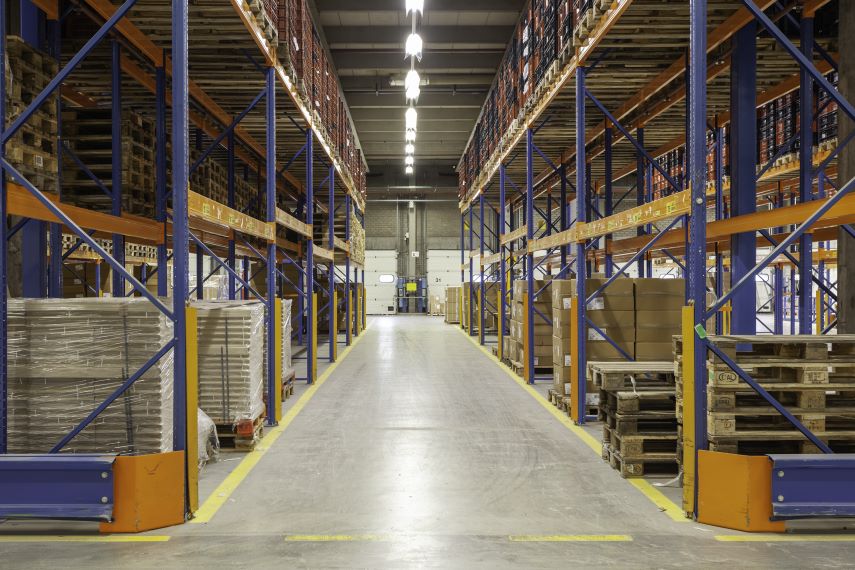
Warehouse management systems enhance warehouse efficiency by analyzing optimal floor space utilization based on task requirements and material characteristics. These systems utilize space and floor plan analysis within their implementations to determine the most efficient space allocation, thus minimizing the waste of valuable floor space and time spent locating products. This leads to reduced costs associated with excessive material handling, placement, and retrieval.
b. Inventory Visibility

Using a warehouse management system provides visibility into your inventory. In turn, this enables you to better gauge and estimate your supply to avoid backorders, which results in complete customer satisfaction.
c. Effective Delegation of Labor

A warehouse management system divides the work among workers more effectively, allowing workers to shift their focus to tasks with the highest impact and labor intensity. Additionally, the WMS comes with a labor forecasting feature that can assign jobs on a day-to-day basis, following efficient schedules.
d. Traceable Materials

WMS allows stakeholders to track their shipments and monitor inventory in real-time. Advanced tracking technologies provide particular details on the location and the condition of your goods throughout the supply chain.
Benefits of 4PL Logistics
Throughout this blog, we have highlighted what role 4PL companies play within the supply chain, as they have much broader coverage than 3PL companies, which means greater accountability in helping businesses reach their goals. Drawing upon the nexus of technology and 4PL, the benefits of this logistics model become pretty evident:
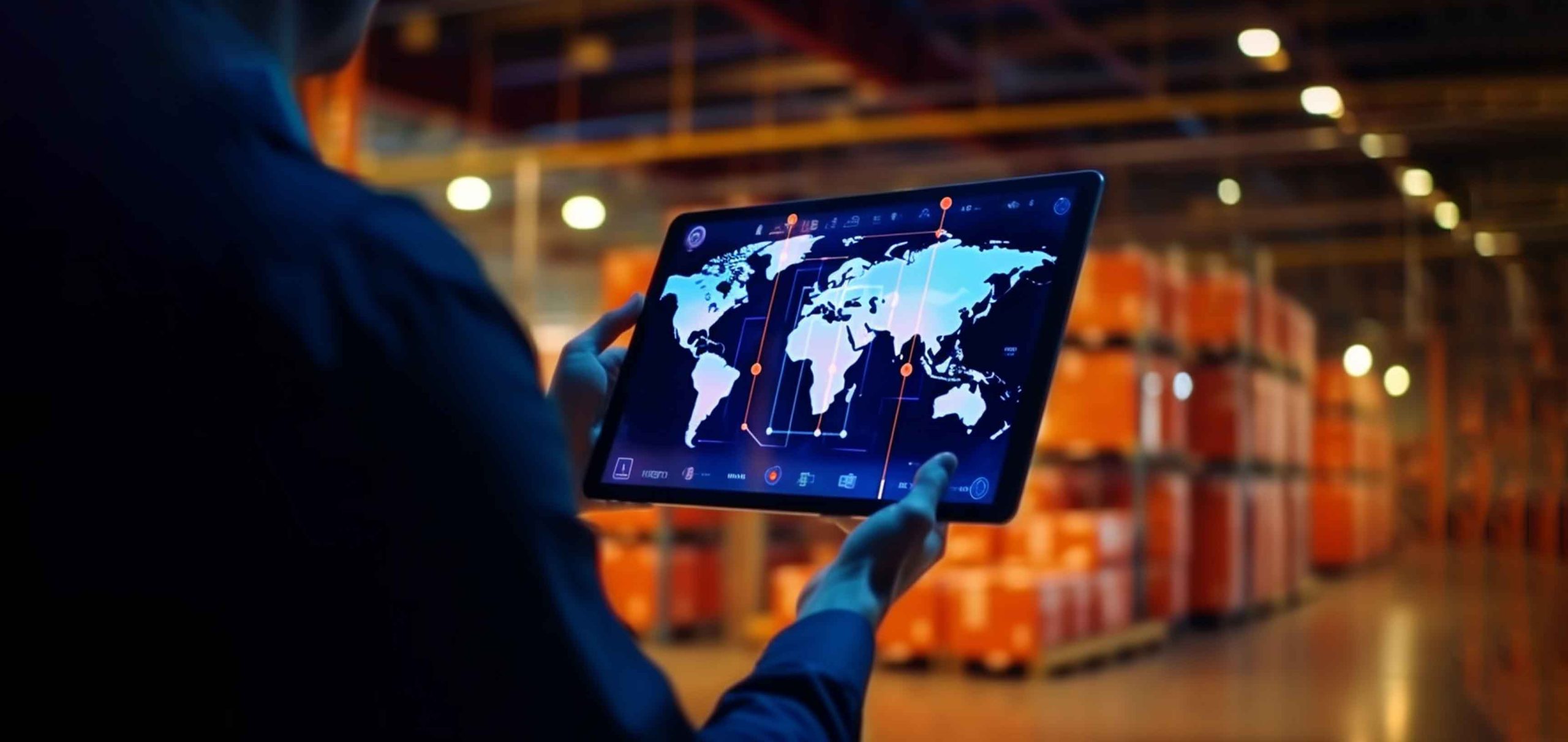
Holistic Oversight
With 4PLs, a singular entity takes on the role of overseeing the entire process from end-to-end. This comprehensive approach ensures seamless coordination and integration across all stages of the supply chain, resulting in improved efficiency and reduced operational silos.

Cost Efficiency
By consolidating various logistics functions under one umbrella, 4PL providers can identify cost-saving opportunities and streamline operations to minimize expenses.

Optimized Solutions
4PL providers are equipped with the expertise and resources to optimize logistics operations effectively. From strategic procurement to efficient distribution, 4PLs leverage data analytics and technology-driven solutions to identify bottlenecks and enhance overall supply chain performance.

Integrated Services
From transport services to inventory control and order fulfillment, 4PL providers offer end-to-end solutions that integrate seamlessly with existing systems and workflows.
Final Thoughts
Driven by the rapidly rising e-commerce culture and globalization of supply chains, the 4PL logistics market is evolving at a swift pace. Additionally, the expansion of business into new international markets necessitated the demand for efficient and reliable logistics solutions.
In such a dynamic landscape, 4PL providers position themselves at the forefront of shaping the future of logistics. By offering comprehensive and integrated solutions, 4PL logistics providers enable businesses to navigate the seemingly complex bubble of global trade. Moreover, as technology continues to advance, 4PLs are poised to drive the same continuous improvement into the supply chain.
In conclusion, the 4PL logistics trend is not just a fleeting phenomenon, but one that has long existed and slowly breaking through this 2024. And as we look ahead, it’s clear that the role of 4PLs will only persist, shaping the future of commerce and growth, thereby driving your business to success.
Elevate Your Supply Chain
Logicore Inc. is a local fourth party logistics provider, backed by the strength of our management and operations team. We are equipped with more than 20 years of combined professional experience in providing logistics solutions. If you want to know more about our 4PL Services, simply fill out our contact form and we’ll happily get back to you.
Contact Us